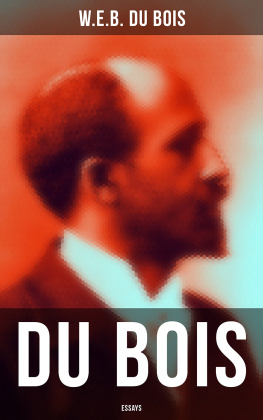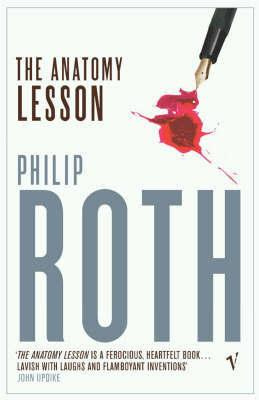Philip Zuckerman - The Social Theory of W.E.B. Du Bois
Here you can read online Philip Zuckerman - The Social Theory of W.E.B. Du Bois full text of the book (entire story) in english for free. Download pdf and epub, get meaning, cover and reviews about this ebook. year: 2004, publisher: SAGE Publications, genre: Politics. Description of the work, (preface) as well as reviews are available. Best literature library LitArk.com created for fans of good reading and offers a wide selection of genres:
Romance novel
Science fiction
Adventure
Detective
Science
History
Home and family
Prose
Art
Politics
Computer
Non-fiction
Religion
Business
Children
Humor
Choose a favorite category and find really read worthwhile books. Enjoy immersion in the world of imagination, feel the emotions of the characters or learn something new for yourself, make an fascinating discovery.

- Book:The Social Theory of W.E.B. Du Bois
- Author:
- Publisher:SAGE Publications
- Genre:
- Year:2004
- Rating:3 / 5
- Favourites:Add to favourites
- Your mark:
- 60
- 1
- 2
- 3
- 4
- 5
The Social Theory of W.E.B. Du Bois: summary, description and annotation
We offer to read an annotation, description, summary or preface (depends on what the author of the book "The Social Theory of W.E.B. Du Bois" wrote himself). If you haven't found the necessary information about the book — write in the comments, we will try to find it.
The Social Theory of W.E.B. Du Bois — read online for free the complete book (whole text) full work
Below is the text of the book, divided by pages. System saving the place of the last page read, allows you to conveniently read the book "The Social Theory of W.E.B. Du Bois" online for free, without having to search again every time where you left off. Put a bookmark, and you can go to the page where you finished reading at any time.
Font size:
Interval:
Bookmark:

 | Pine Forge Press A Sage Publications Company 2455 Teller Road Thousand Oaks, California 91320 E-mail: |
| Sage Publications Ltd. 1 Olivers Yard 55 City Road London EC1Y ISP United Kingdom | |
| Sage Publications India Pvt. Ltd. B-42, Panchsheel Enclave Post Box 4109 New Delhi 110 017 India |
[Essays. Selections]
The social theory of W.E.B. Du Bois / edited and with an introduction by Phil Zuckerman.
p. cm.
Includes bibliographical references and index.
ISBN 0-7619-2870-7ISBN 0-7619-2871-5 (pbk.)
1. Du Bois, W. E. B. (William Edward Burghardt), 1868-1963-Political and social views. 2. Social sciencesUnited StatesPhilosophy. 3. African AmericansSocial conditionsTo 1964. 4. African AmericansCivil rightsHistory20th century. 5. United StatesRace relations. 6. Social problemsUnited StatesHistory20th century. 7. United StatesSocial conditions20th century. 8. International relations. I. Zuckerman, Phil. II. Title.
305.8960730092dc22
| Acquiring Editor: | Jerry Westby |
| Editorial Assistant: | Vonessa Vondera |
| Production Editor: | Diana E. Axelsen |
| Typesetter: | C&M Digitals (P) Ltd. |
| Indexer: | David Luljak |
| Cover Designer: | Edgar Abarca |
Phil Zuckerman
Font size:
Interval:
Bookmark:
Similar books «The Social Theory of W.E.B. Du Bois»
Look at similar books to The Social Theory of W.E.B. Du Bois. We have selected literature similar in name and meaning in the hope of providing readers with more options to find new, interesting, not yet read works.
Discussion, reviews of the book The Social Theory of W.E.B. Du Bois and just readers' own opinions. Leave your comments, write what you think about the work, its meaning or the main characters. Specify what exactly you liked and what you didn't like, and why you think so.





